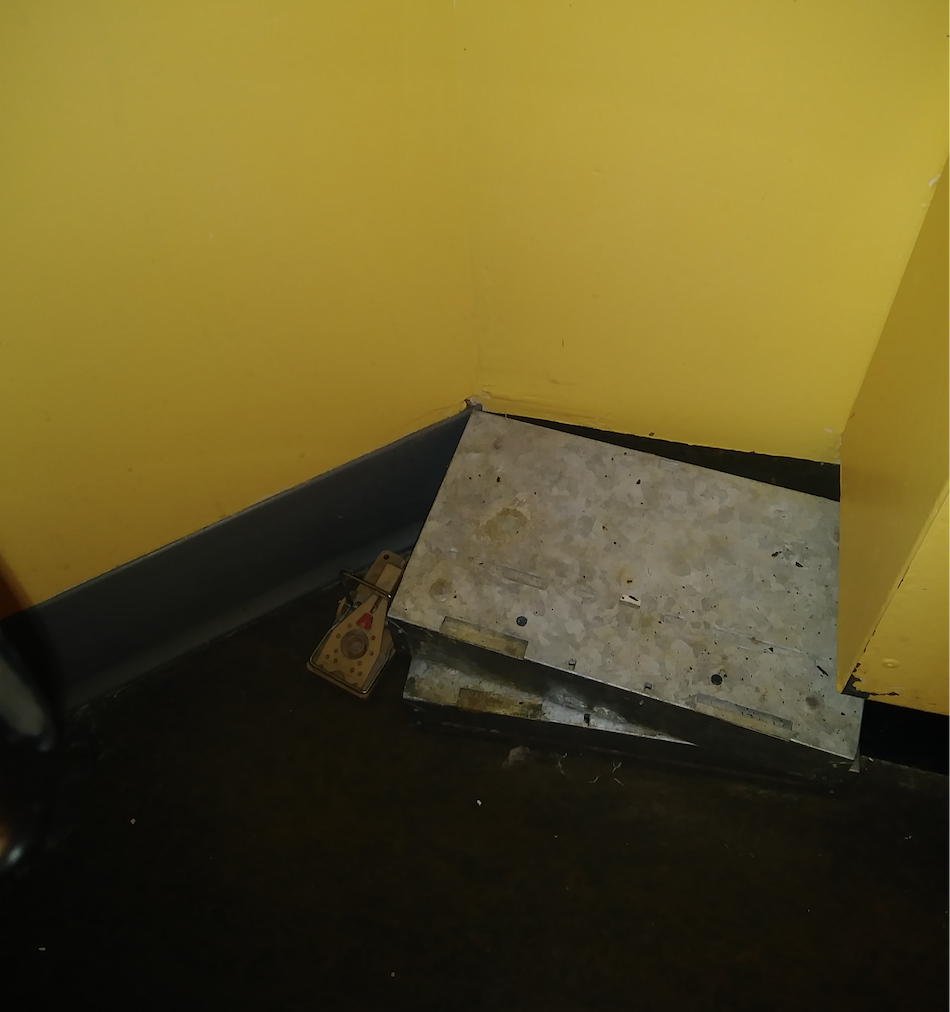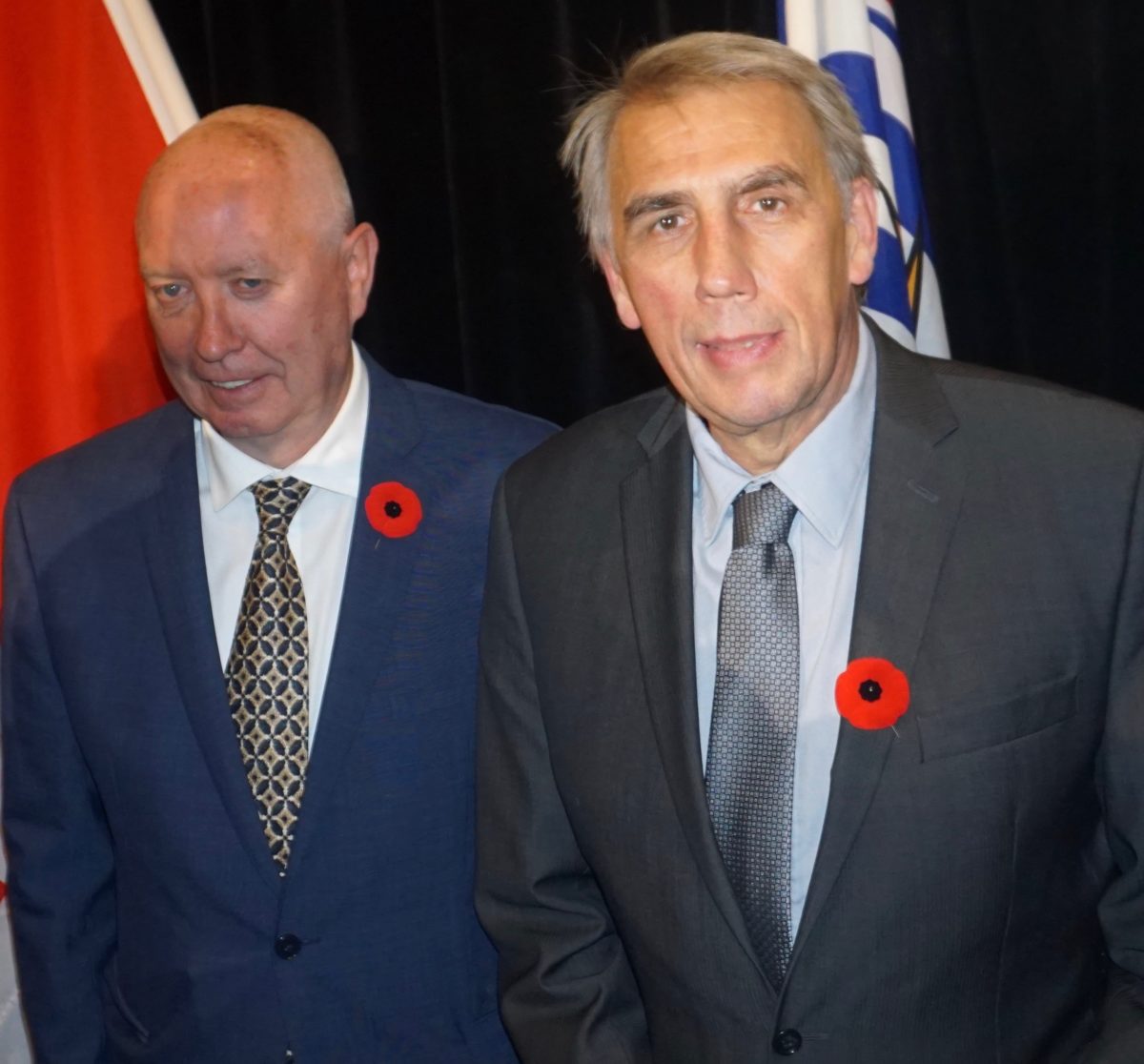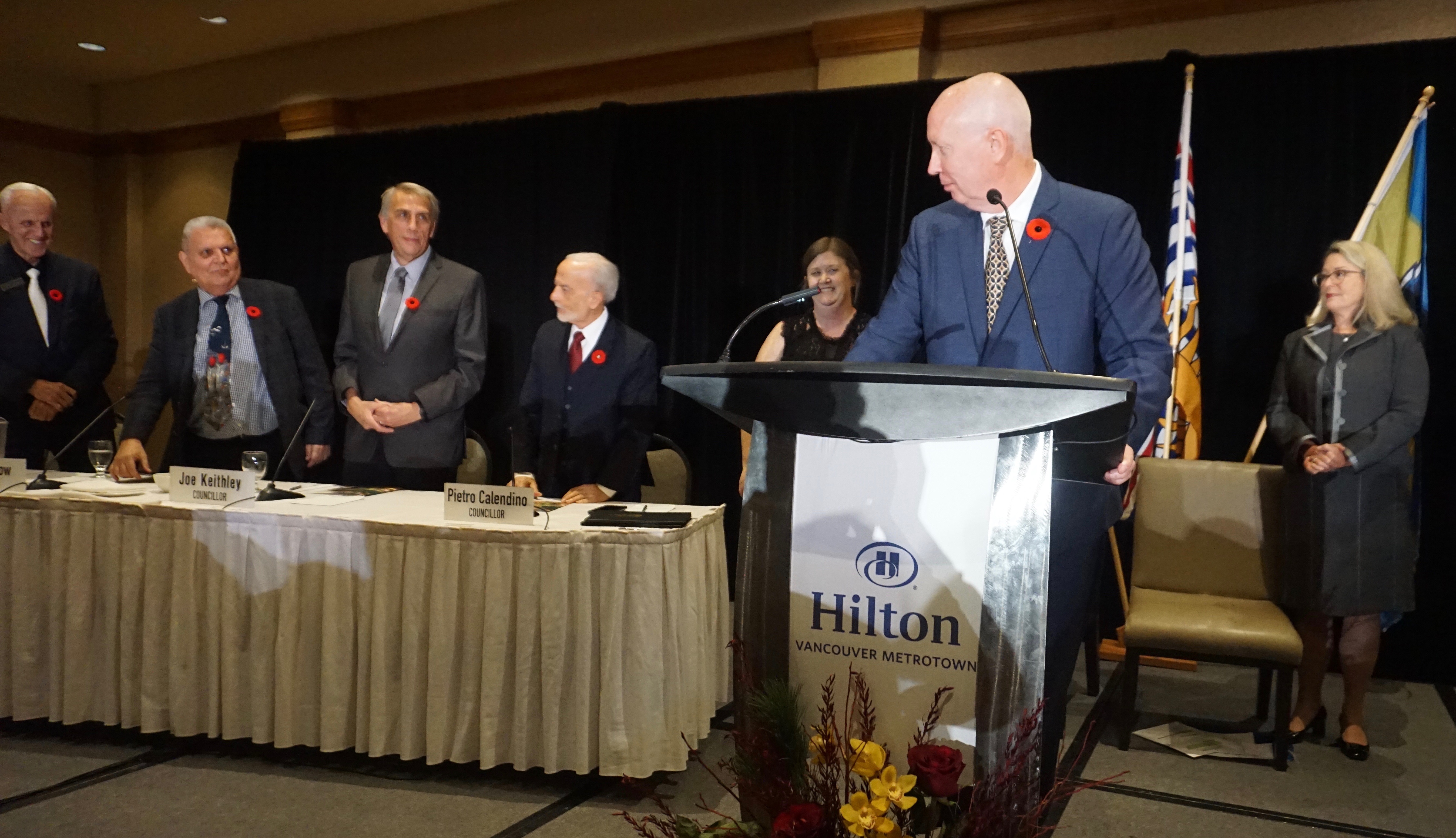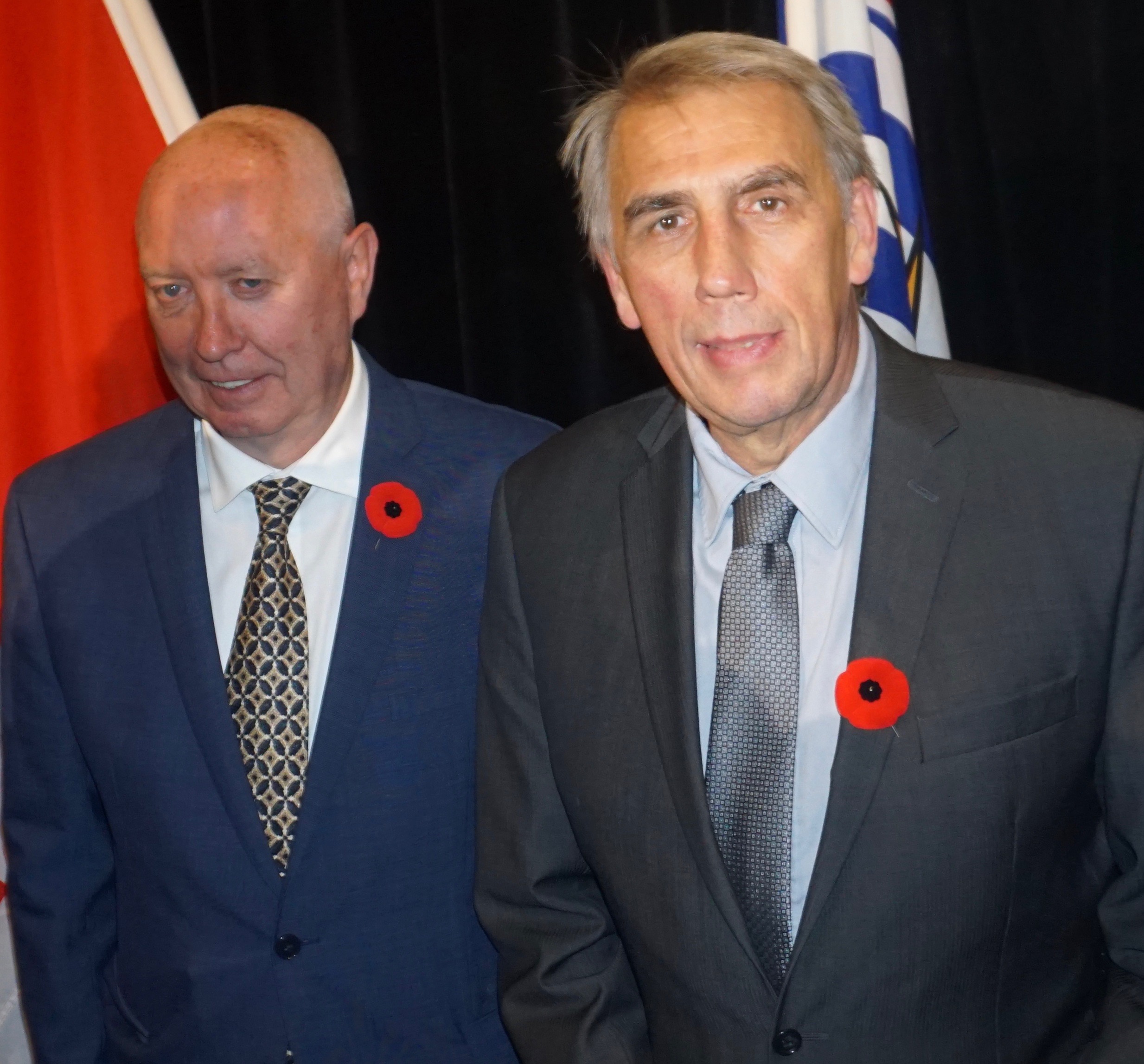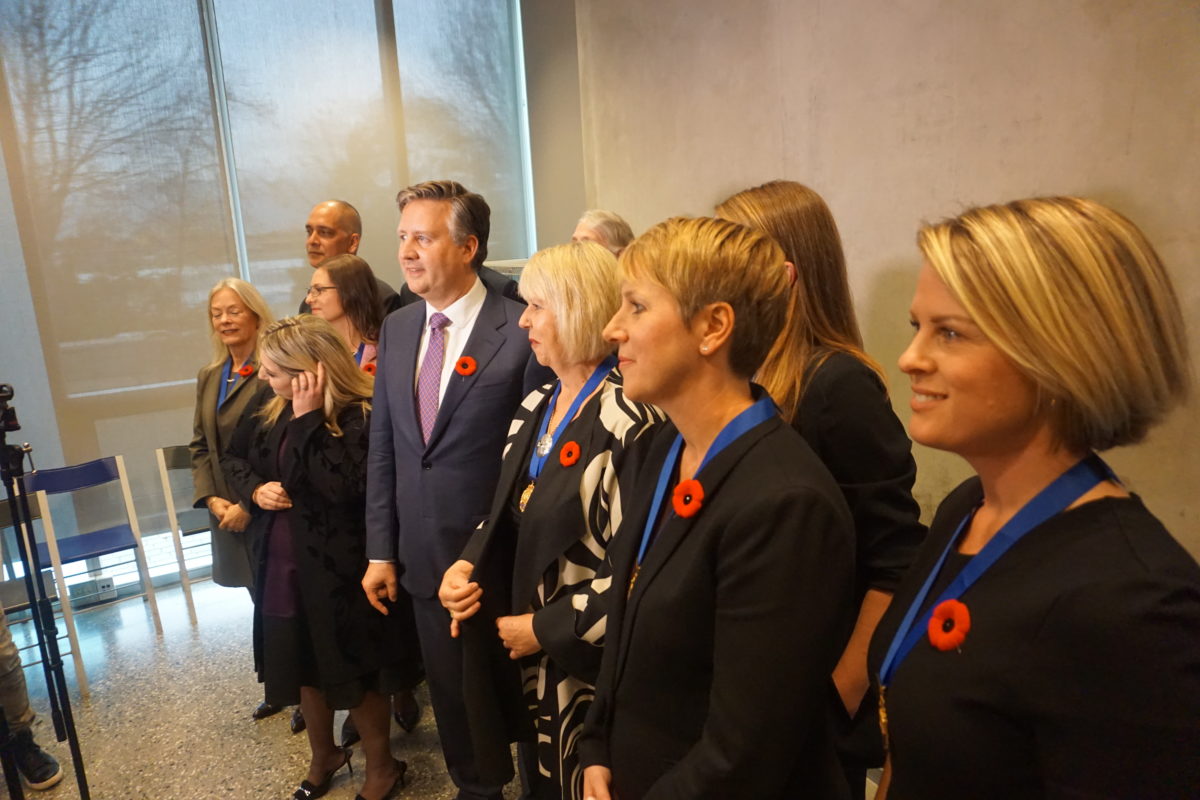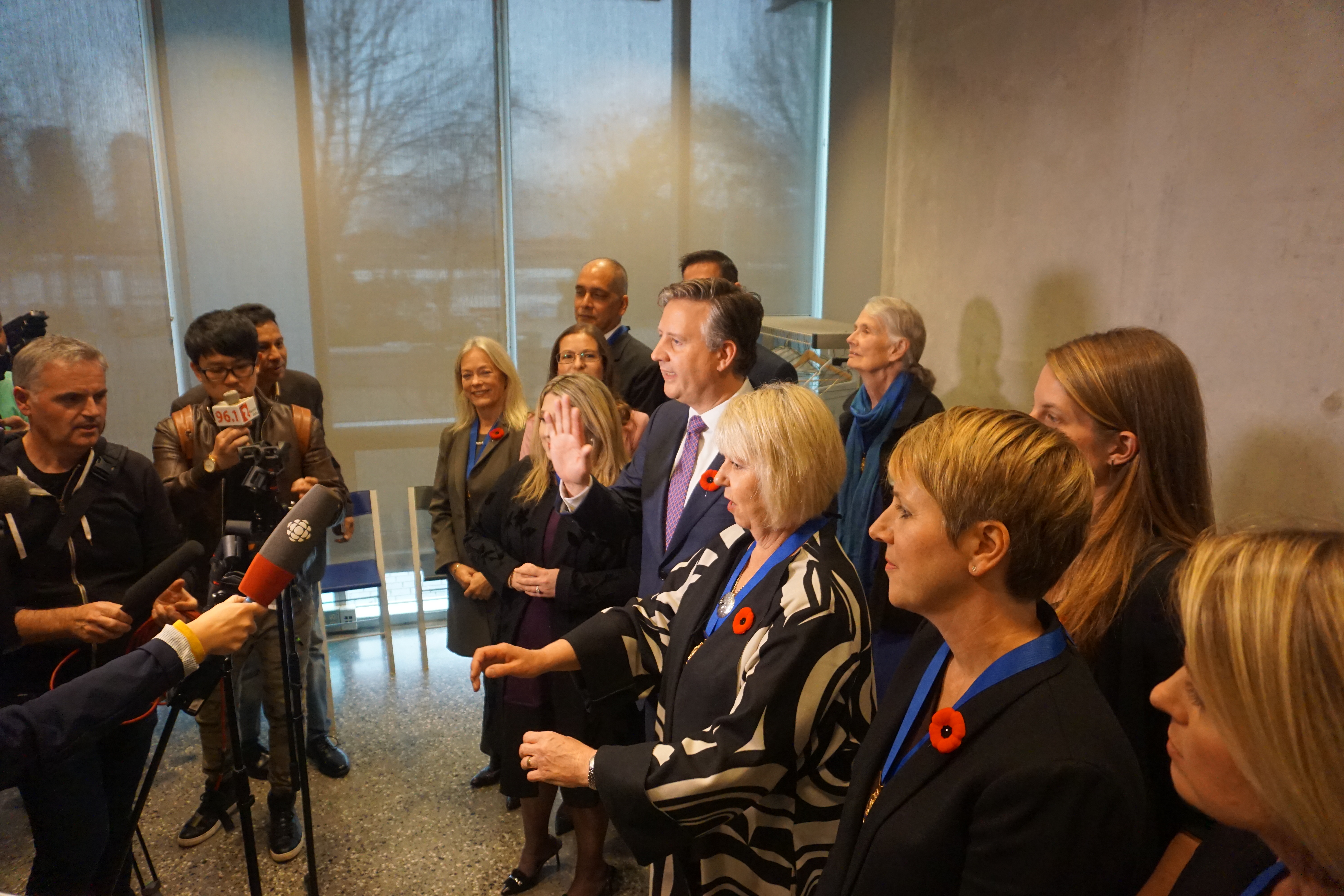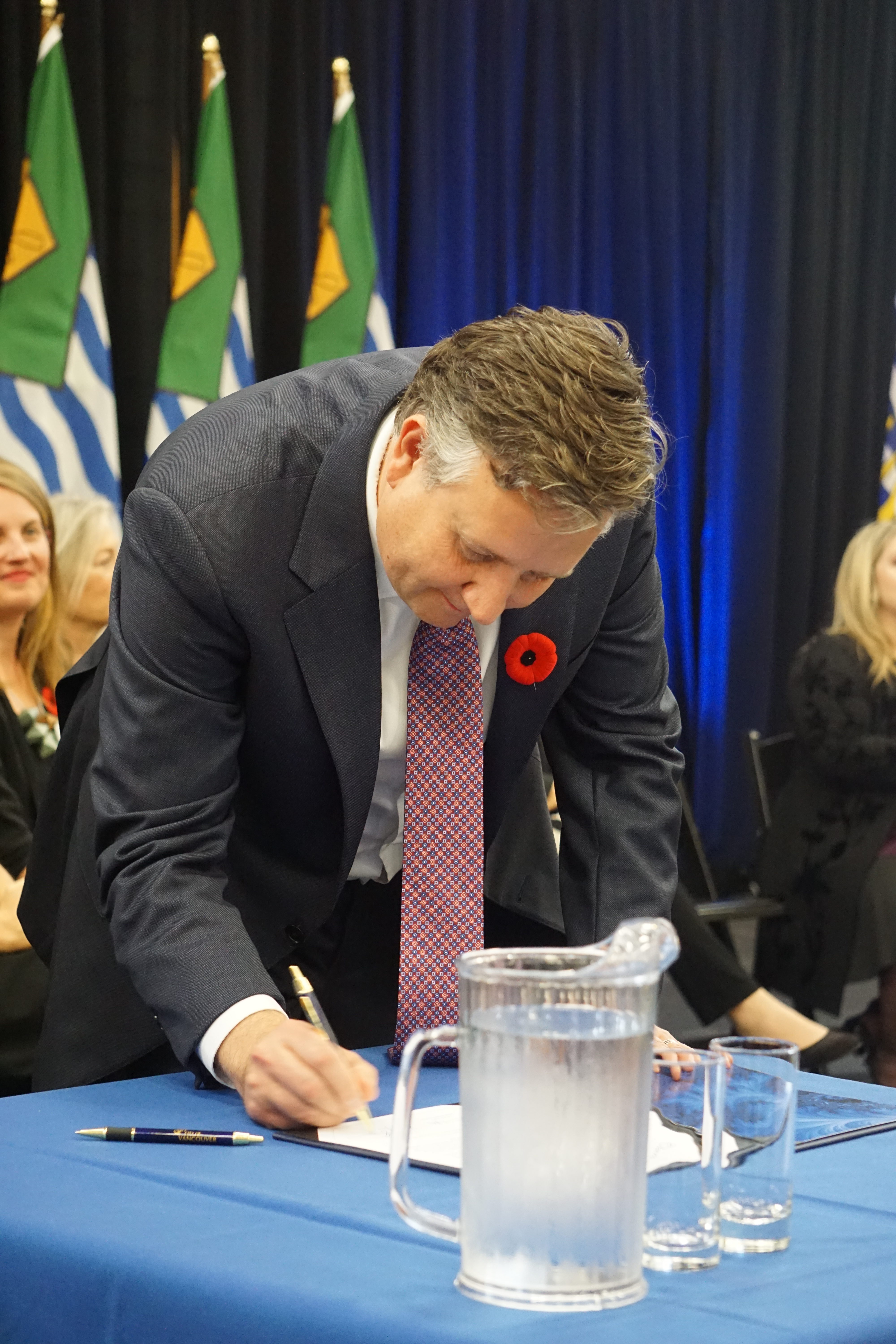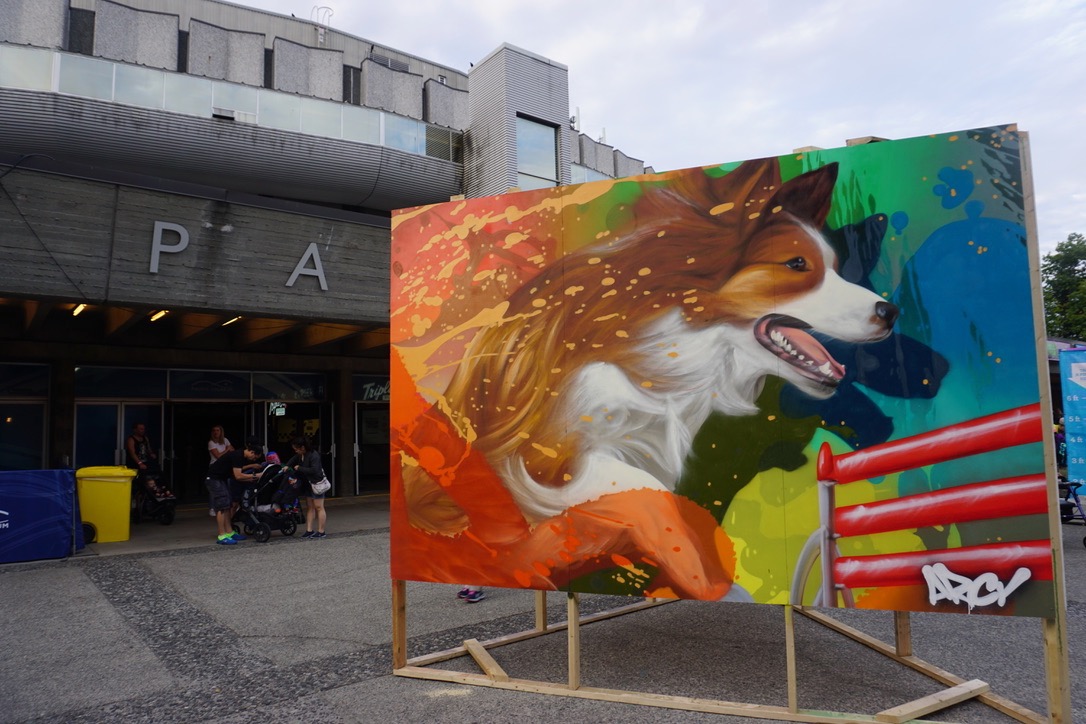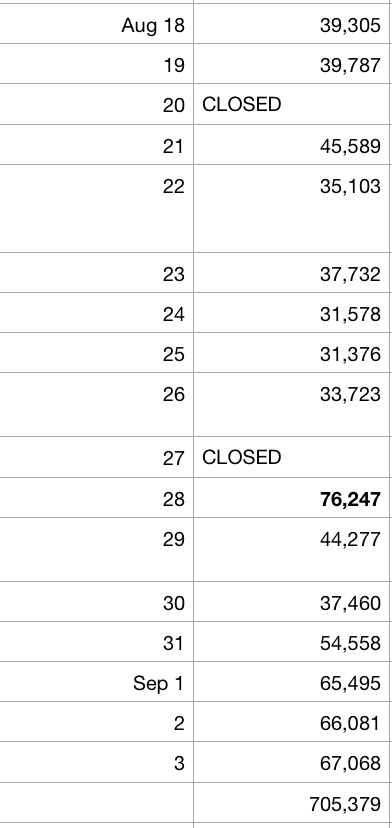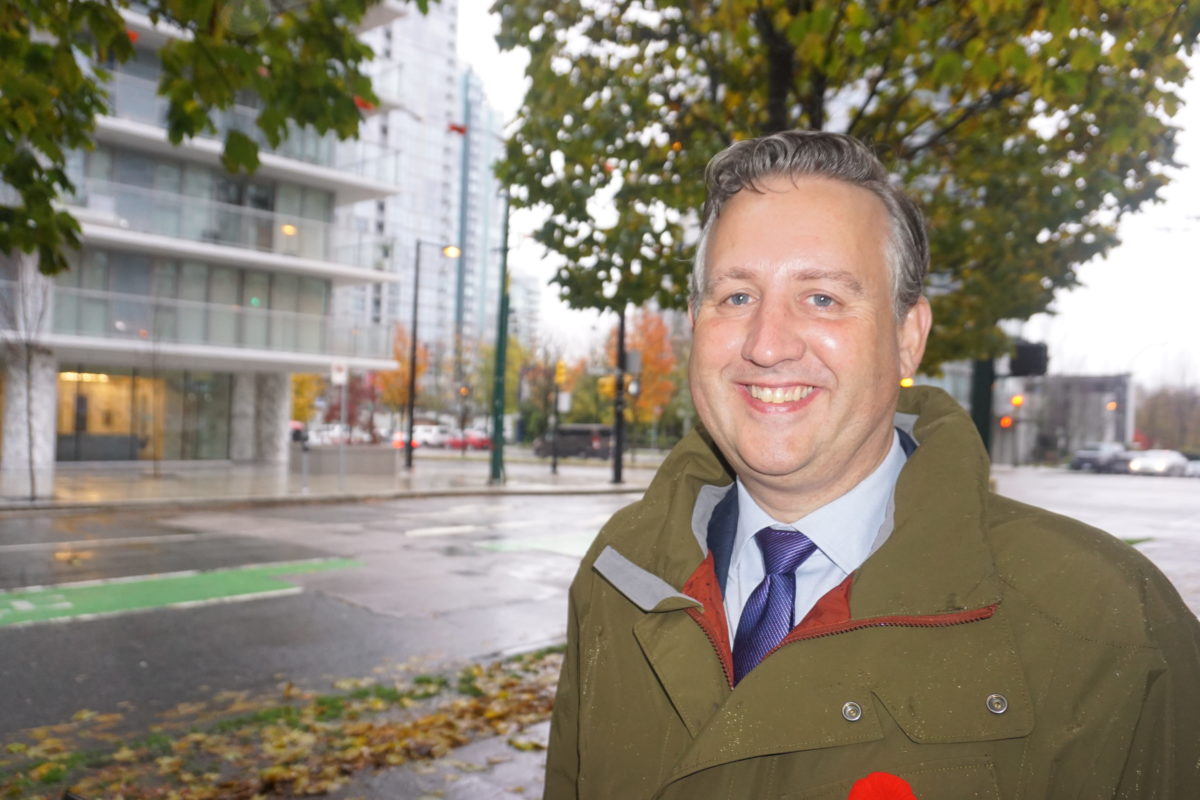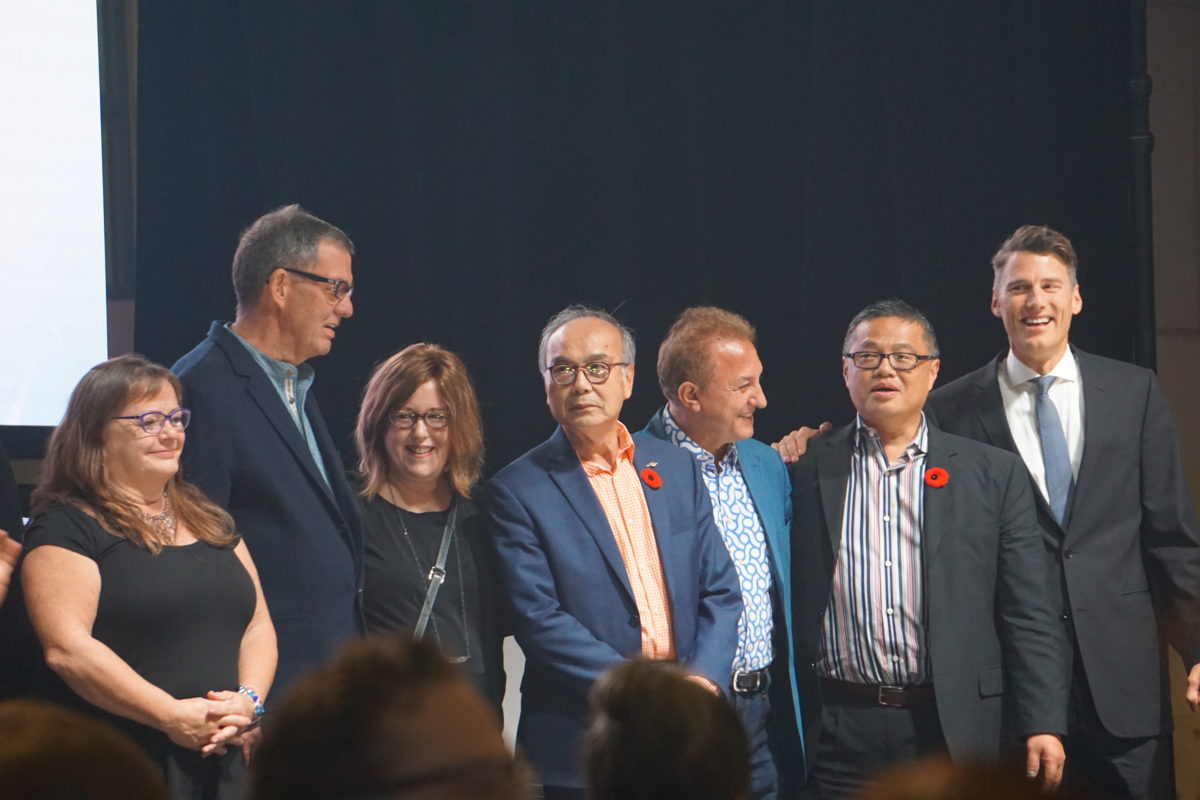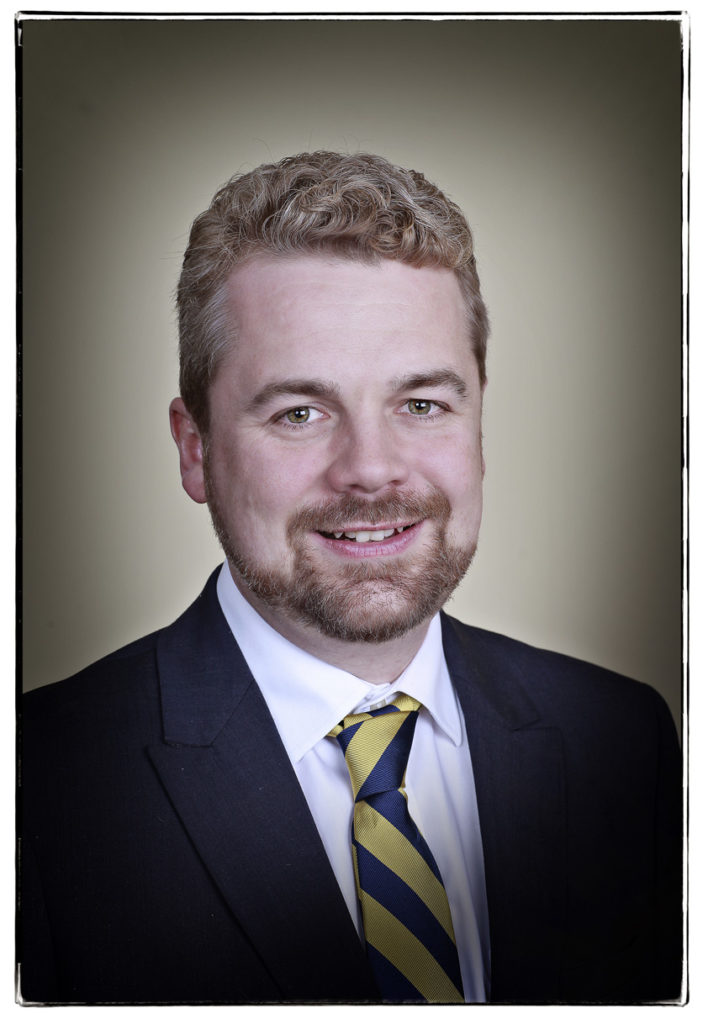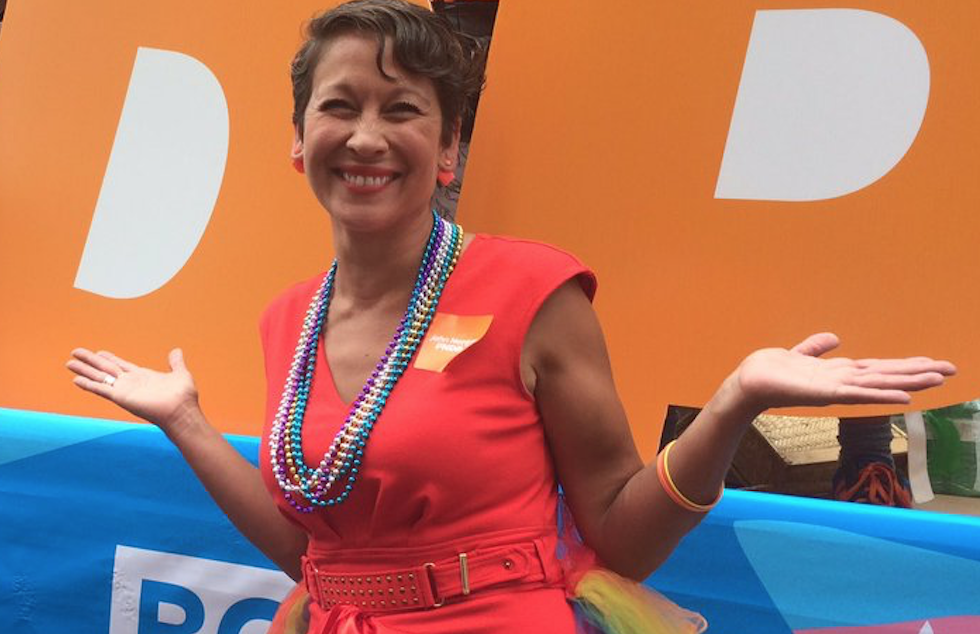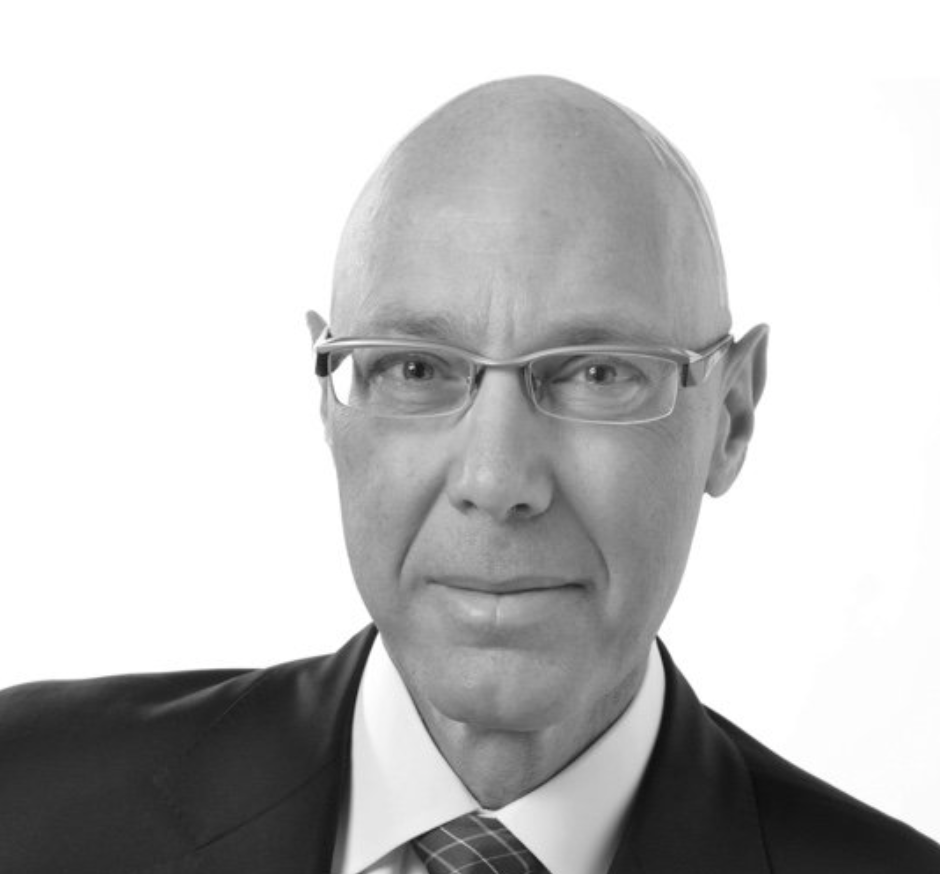Exclusive: Ex-BC Liberal operative appointed to Victoria police board
Bob Mackin
The bureaucrat from ex-Premier Christy Clark’s office who famously used Post-it notes to keep track of freedom of information requests is now a member of the Victoria and Esquimalt police board.
The Oct. 1 NDP cabinet order ratifying the appointment of Evan Southern was signed by Solicitor General Mike Farnworth and Attorney General David Eby.

Evan Southern (Twitter)
Southern is the director of communications for the Capital Regional District’s Wastewater Treatment Project who worked as the BC Liberal Party’s director of operations from December 2015 to July 2017. He went to party head office after acting as the director of issues management in the Office of the Premier. Southern had been given the FOI duty after only one hour of training and his FOI processing work was mentioned in Information and Privacy Commissioner Elizabeth Denham’s October 2015 investigation of triple deleting in cabinet offices.
“The Office of the Premier has put the FOI coordinator in a difficult situation,” Denham wrote. “I believe he is not adequately positioned to determine the Executive Branch’s access to information process. It is surprising that the Executive Branch of the Office of the Premier would conclude that not writing anything down about the processing of an access request, apart from a temporarily retained sticky note, is appropriate.”
Esquimalt Mayor Barb Desjardins did not agree to an interview about Southern’s appointment. She was an unsuccessful BC Liberal candidate in 2017 when Southern was at party headquarters. She referred theBreaker to the township’s director of corporate services, Anja Nurvo.
Nurvo said council chose Southern at a June 11 closed-door meeting after four applicants were interviewed. The province was notified of the appointment on June 26. She said the township originally advertised the vacancy in the Victoria News last April, and on the township’s website and social media. But nobody applied.
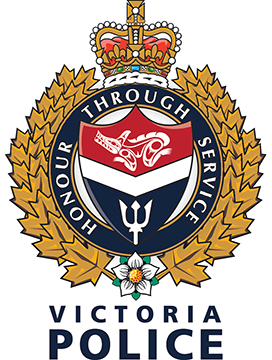 “We contacted the province since they were also recruiting for a board appointee to represent Esquimalt at the same time. The province provided us with contact information for applicants who were residents of Esquimalt but were not selected as the provincial appointment to the board. We contacted those people and invited applications to be sent to the township directly.”
“We contacted the province since they were also recruiting for a board appointee to represent Esquimalt at the same time. The province provided us with contact information for applicants who were residents of Esquimalt but were not selected as the provincial appointment to the board. We contacted those people and invited applications to be sent to the township directly.”
Southern did not respond for comment.
IntegrityBC’s Dermod Travis said Southern’s appointment was ill-advised.
“That is absolutely way over the line, there is no reason that he should be sitting on the police board, given his political activities,” Travis said. “They’re not compatible.”
The Victoria and Esquimalt Police Board pays directors $264 per regular board or committee meeting and $527 if a meeting exceeds four hours.
When a municipal council in B.C. endorses the appointment of a candidate, the resolution is provided to the Police Services Branch of the Solicitor General’s ministry, which conducts supplemental conflict of interest and police record checks, then liaises with the Crown Agency and Board Resourcing Office and Office of the Legislative Counsel to draft an order in council for the minister’s signature.
Southern joined a police board that is emerging from the scandalous 2017 resignation of Victoria Police Chief Frank Eisner.
Eisner was found by two retired judges to have committed eight acts of misconduct related to exchanging personal and sexual messages with a subordinate’s wife via Twitter. He is now a cannabis security consultant.
Based on how Desjardins and Victoria Mayor Lisa Helps handled the file, police complaint commissioner Stan Lowe recommended to the provincial government that a retired judge oversee discipline of a municipal police chief or deputy chief, instead of a mayor.
Support theBreaker.news for as low as $2 a month on Patreon. Find out how. Click here.
Bob Mackin The bureaucrat from ex-Premier Christy Clark’s








